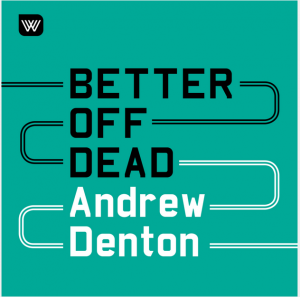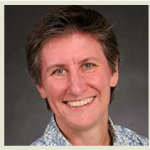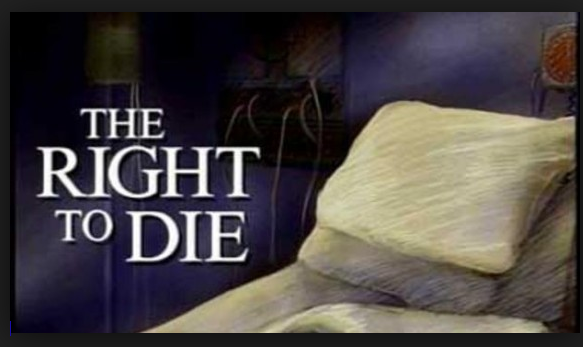Medically Assisted Dying
When medical assistance in dying – MAID (also referred to as Medically Assisted Dying – MAD and Physician Assisted Dying – PAD ) was just a twinkle in eye in most of North America, I began my layman’s journey into learning all things end of life – encompassing much more than ‘help me die’.
Now, with medical assistance in dying taking center stage, I’ve made it my business to attend every Town Hall, Presentation and Info session.
While the ‘license to kill’ crowd takes every opportunity to insist it’s suicide and murder, little time and attention is paid to two important outcomes:
- When MAID is refused
- Benefits of the process requesting MAID
Taking a leaf from the ‘suicide and murder’ crowd, consider what happens when the MAID request is refused:
- You are condemning someone to a prison of suffering.
- A lifetime sentence with no parole.
- For some, it’s akin to sanctioning their torture.
Of those who say, with a sneer in their voice: “oh you can off yourself anytime you want, it’s the ‘medically assisted’ we object to” Consider the aforementioned – imprisoned by their own disease whose very condition prevents them from taking matters into their own hands.
Suicide: an act of desperation. MAID: an act of contemplation …with benefits.
And therein lies an unexpected benefit of applying for MAID. In the poignant podcast series, ‘Better off Dead’ Andrew Denton takes personal umbrage when he hears a 24 year old applied for MAID.
“I think of the years ahead of her – a mother, a wife, a career woman.”
To this well-meaning sentiment, my rejoinder is:
“That’s your ‘bright future’ assumption. For someone living in pain or with pain, that lovely Brady Bunch normal may never be within reach.”
Of the 24 year old in question – for whom life seemed meaningless – by applying for MAID she got the help she needed: a proper diagnosis and medical support.
Ironic for me: with so many crying out for relief from pain of all sorts it took a request for assisted dying to access resources.
Another young woman, whose father and doctor worked together to have MAID denied, did take matters into her own hands and hung herself whilst institutionalized. In the interview, her father – in hindsight – regrets he couldn’t have supported her desperate quest for in a peaceful, dignified medically assisted end.
The Slippery Slope
 Of the ‘slippery slope’ metaphor that’s taken on a life of its own: when I grumbled that surely another metaphor could be occasionally used, Professor Jocelyn Downie gave me new perspective:
Of the ‘slippery slope’ metaphor that’s taken on a life of its own: when I grumbled that surely another metaphor could be occasionally used, Professor Jocelyn Downie gave me new perspective:
“We’re already on the slope and it’s proven to have many checks and balances to prevent the much a-feard slide.”
Palliative Care: consistency is an issue
Would that Palliative care was consistently practiced and consistently accessible, no doubt so much suffering could and would be attended to.
But when palliative care, with all its focus on comfort and dignity and person-centeredness, cannot sufficiently relieve suffering, the judgers and the self-righteous should refrain from applying their morals and their beliefs to anyone other than themselves.

How can I include my desire for assisted death in my Directive?